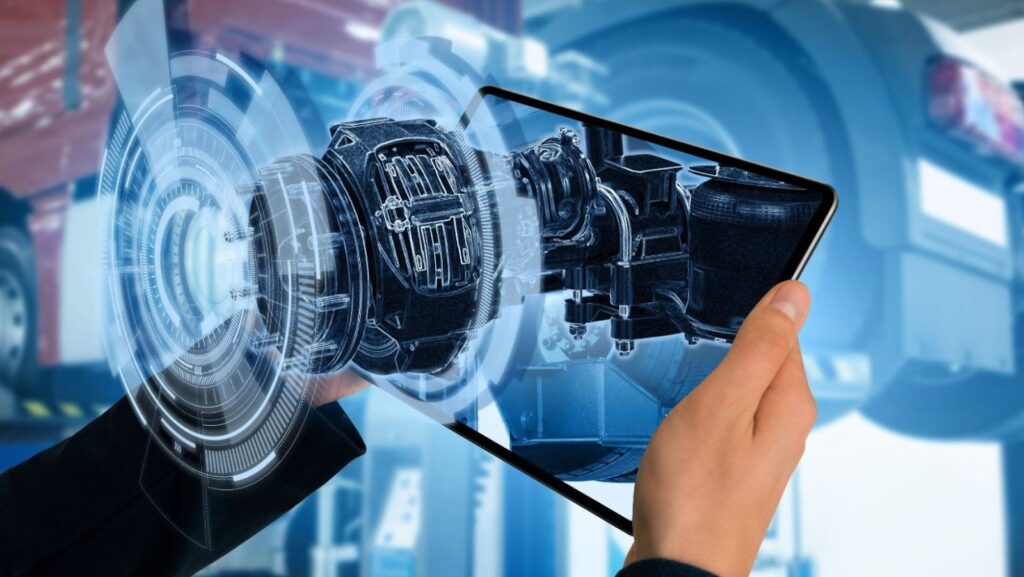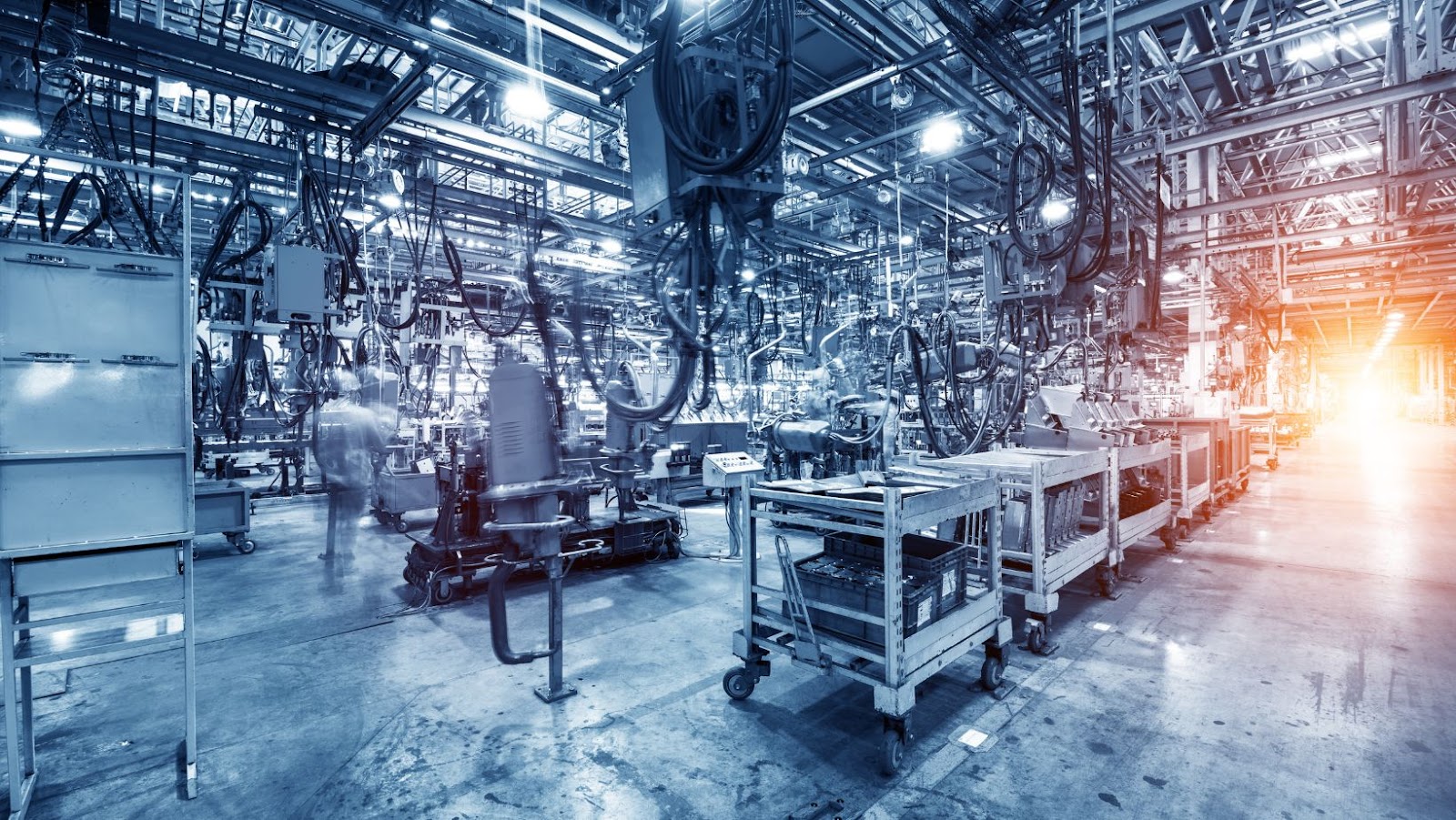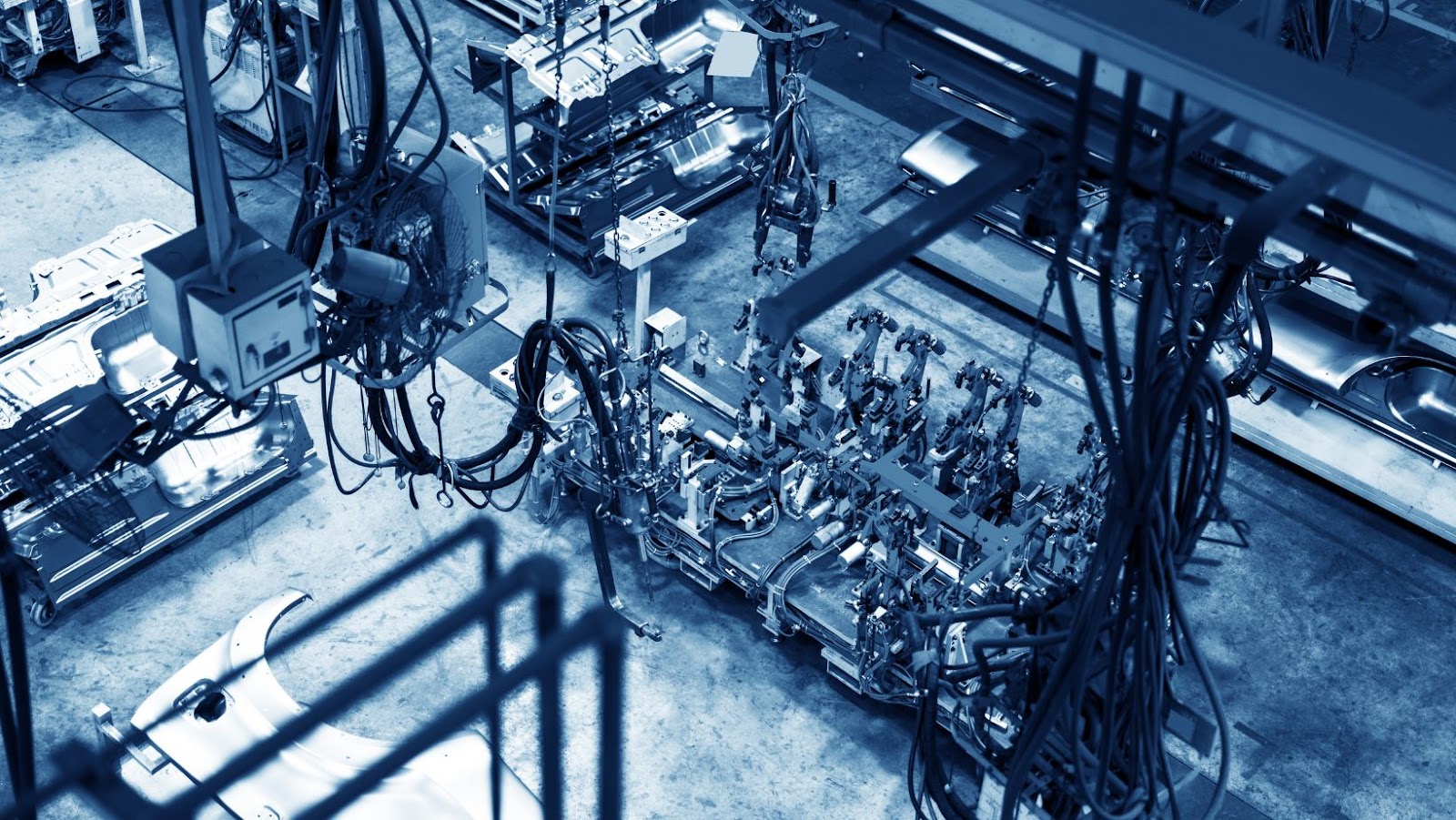
Increasing demand for manufacturing services and the need to improve manufacturing productivity are driving many companies to adopt digital technologies.
These technologies are transforming the manufacturing industry. These technologies include Big data, predictive maintenance, and 3D printing.
Predictive Maintenance
Increasing productivity, energy efficiency, and safety in the workplace are just a few of the benefits of predictive maintenance.
The concept also reduces downtime and costs, resulting in increased revenue. Predictive maintenance isn’t just for manufacturing machinery. It can be applied to other technical apparatus, such as buildings and transportation vehicles.
The benefits are similar to those associated with predictive maintenance for machinery. The goal of predictive maintenance is to keep machines running reliably for as long as possible.
Using data science and machine learning to mine massive data sets for insights is a good way to accomplish this. The most obvious benefits include reducing downtime, saving money, and increasing energy efficiency.
Predictive maintenance systems also use the information to predict scenarios. This is especially useful for businesses trying to get ready for Industry 4.0. These solutions help manufacturers optimize their supply chain and improve efficiency.
3D Printing
Whether you’re manufacturing custom, low-volume parts or high-end items, 3D printing offers an array of benefits.
These benefits include reduced material waste, better business efficiency, and enhanced sustainability. With the advent of new technologies, the methods of production in the manufacturing industry are changing rapidly.

These innovations are driving economic change as well as social change. These technologies incite economic change and help the world reduce its environmental footprint.
Digital transformation in the manufacturing industry is becoming a reality. Many companies are turning to 3-D printing to ramp up production.
Many small and medium-sized businesses are also interested in additive manufacturing. Those that don’t have the resources to purchase and maintain a 3-D printer are able to find “service bureaus” that provide 3D printing services.
Augmented Reality
Using augmented reality in manufacturing is one way to reduce downtime and increase productivity.
Employees can check products for defects before they are shipped. The technology adds visual cues and audio. It also identifies problem spots on the fly.
Augmented reality also allows companies to gain access to manual process data. Combined with machine vision technology, these systems help to monitor production lines. This information allows companies to pinpoint the exact moments when inefficiencies occur. It also allows them to monitor quality across the entire production process.
Companies are also using AR to help upskill their workforce. For example, one company uses an AR app that guides employees through a virtual manufacturing facility tour. This allows new employees to ask questions and go through extra chapters if necessary.
Artificial Intelligence
Using artificial intelligence in the manufacturing industry is a way to speed up production, reduce waste, and increase safety.
It also helps businesses scale. With this technology, companies can build more accurate models and predict outcomes. It can help with predictive maintenance, production reuse, product design, and logistics optimization.
The industrial manufacturing sector is a big consumer of data. Many organizations lack the resources to translate their data into meaningful information.
Artificial intelligence can help companies extract information, which can lead to faster decision-making and better business results.
AI is also a great way to detect and prevent fraud. By leveraging big data, AI can detect malware, outliers, and employee behaviors that are outside the norm.
Another important use of AI in manufacturing is quality control. AI software can analyze products and make decisions about defective products. It can also predict when service is needed.

Big Data
The manufacturing industry is a complex industry, and data plays a major role in its operations.
Big data offers a new breed of intelligent manufacturing technology that is set to create a new era for manufacturing.
Big data has been able to change traditional business models. It provides actionable insights to businesses and helps manufacturers understand processes and make accurate decisions. It also helps manufacturers track their supply chain and detect errors.
Big data solutions have helped several companies to reduce logistics costs and working capital. Big data can also be used to analyze structured data and unstructured data.
It can also be used to enhance the quality of processes. Big data analytics can help manufacturers improve operational visibility and create new competitive opportunities.
Takeaway
Digital transformation has been a hot topic for businesses of all sizes and industries over the past few years.
Many manufacturing companies have started to digitize their operations in order to stay competitive and keep up with the ever-changing technological advances. However, this process can be difficult and often requires a lot of time, money, and effort.











